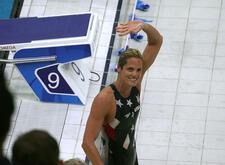Sports

Emily Jacobson
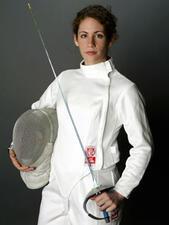
Sada Jacobson
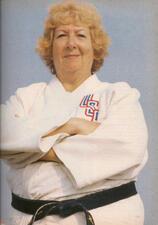
Rusty Kanokogi
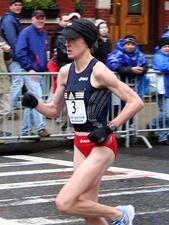
Deena Kastor
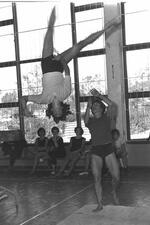
Agnes Keleti
In 1944, when the Germans invaded Hungary, gymnast Agnes Keleti bought fake identification papers and carried the bodies of the dead to mass graves during the battle of Budapest. After the war, she returned to gymnastics; her career highlight was the 1956 Olympics, where 35-year-old Keleti won many medals, including four gold for uneven parallel bars, balance beam, floor exercise and combined exercise-team.
Traute Kleinova
Gertrude “Traute” Kleinová was a Czechoslovakian table tennis player. Noticed at a young age for her athletic ability, she later defeated the reigning world champion in 1935 and went to the World Championships in London. During the war, Kleinová was deported to Theresienstadt and then Auschwitz but she survived and emigrated to the United States.
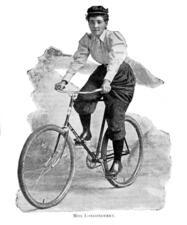
Annie Londonderry

Lily Kronberger
Lily Kronberger, born in Budapest in 1887, was one of the worlds’ best figure skaters of her time, winning four consecutive world championships between 1908 and 1911.

Naomi Kutin
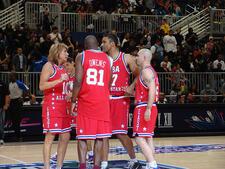
Nancy Lieberman-Cline
Hailed as one of the greats of women’s basketball, Nancy Lieberman set a record as the youngest Olympic medalist in basketball and was inducted into multiple sports halls of fame. When the Women’s Basketball League briefly disbanded, she became the first woman to play for a men’s professional team.
Portrayals of Women in Israeli Media
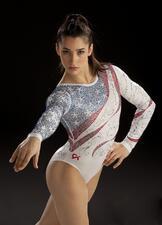
Aly Raisman
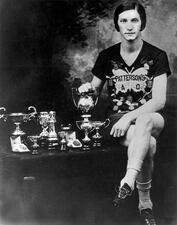
Fanny "Bobbie" Rosenfeld
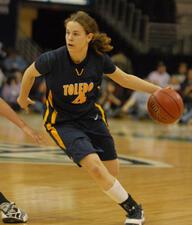
Naama Shafir
Anna Sipos
Born in Hungary, Anna Sipos was the second-best women’s table tennis player of her time, winning twenty-one medals—eleven gold—at the World Table Tennis Championship. Her career was cut short when Hungarian sports became Judenfrei (cleansed of Jews) in 1942.
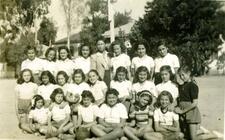
Sport in Israel: Yishuv to the Early 21st Century
Women have been involved in sports in Israel since the Yishuv period, participating as teams, as individuals, and as coaches. Though more women are now participating in competitive sports, the field still reflects a masculine culture of power struggle and a desire to defeat the enemy. More recent political efforts in Israel have attempted to achieve women's equality in athletics.
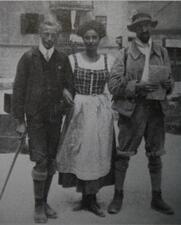
Sports in Austria 1918-1938
This article gives an overview of the participation of Jewish women in Austrian sport from the Habsburg monarchy to the present day. Drawing on selected biographies of sportswomen and functionaries, and with a regional focus on the capital city of Vienna, it explores the double relationship between female emancipation and Jewish self-assertion in an environment that had long been male-dominated and anti-Semitic.
Sports in Germany: 1898-1938
Women’s participation in Jewish gymnastics clubs increased significantly during the first two decades of the twentieth century. The Jewish sports movement grew during the 1920s, allowing women to participate in cross-country running, swimming, and tennis. After German sports clubs annulled Jewish membership in 1933, women poured into these Jewish sports groups.
Sports in the United States
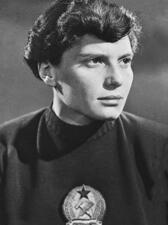
Eva Szekely
Born in Budapest, Eva Szekely was forced to stop swimming during the Nazi occupation of Hungary. However, she returned to the sport after the war and went on to win thirty-two national individual swimming titles and eleven national team titles. At the 1952 Olympic Games in Helsinki, she set a new Olympic record in the 200-meter breaststroke.
